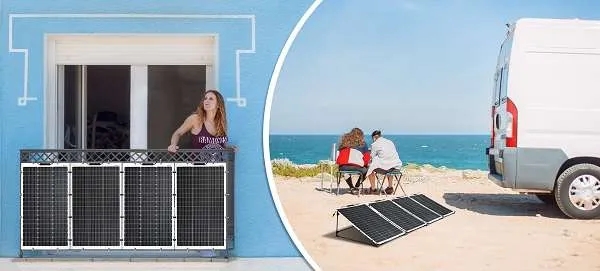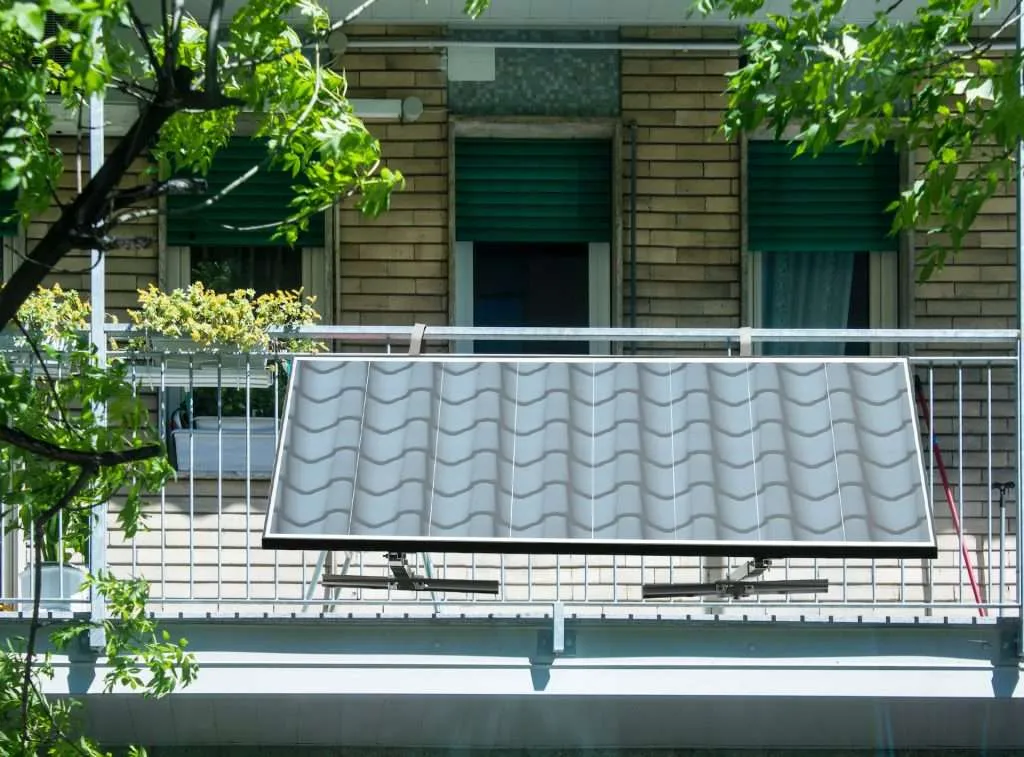Solar power is becoming an increasingly popular source of energy for households around the world. Not only does it help reduce energy costs, but it also reduces the carbon footprint of the household. Solar panel installation may seem like a daunting task, but with the right information and support, it can be a relatively easy process. In this blog post, we will discuss five important things you must consider when planning a residential solar installation.Your Energy Needs:

Before installing a solar panel system, it is important to calculate the energy needs of your household. This will help determine the size of the solar panel system you require. To calculate your energy needs, you can look at your energy bills from the last year and determine your average energy consumption. You can also consider your lifestyle and habits to estimate your future energy consumption.
The Size of Your Roof:
The size of your roof is an important factor when planning a solar panel installation. The size of your roof will determine the number of solar panels that can be installed, and therefore the amount of energy that can be generated. A solar panel installation requires a significant amount of space on your roof, so it is important to consider the size of your roof when planning for a solar panel system.
The Orientation and Tilt of Your Roof:
The orientation and tilt of your roof are important factors that can affect the efficiency of your solar panel system. Ideally, solar panels should be installed on a roof that faces south to get the most sunlight throughout the day. The angle of your roof can also affect the amount of sunlight that hits the solar panels. If your roof is not facing south, or if the angle is too steep, you can consider installing a tilt system to maximize the efficiency of your solar panel system.
Financing Options:
Solar panel installation can be expensive, but there are many financing options available that can help make it more affordable. You can consider leasing solar panels, or taking out a loan to finance the installation. Some states also offer tax incentives and rebates for households that install solar panel systems, which can help reduce the overall cost of the installation.
Case Study:
To illustrate the benefits of residential solar panel installation, let’s take a look at a case study. The Smith family lives in a four-bedroom house in California. Their average monthly energy consumption is 1,000 kWh. After doing some research, the Smith family decided to install a 5 kW solar panel system on their roof. The cost of the installation was $15,000, but they received a tax credit of $4,500, which brought the total cost down to $10,500. The Smith family also took out a loan to finance the installation, which they will pay off over the next 10 years.
After the installation, the Smith family saw a significant decrease in their energy bills. They now only pay $10 per month for their electricity, compared to the $200 per month they were paying before the installation. Over the next 10 years, the Smith family will save over $20,000 in energy costs, which will more than pay off the cost of the installation.

Benefits:
Cost Savings: One of the most significant benefits of residential solar panel installation is the cost savings. By generating their own electricity, households can significantly reduce their energy bills.
Environmental Benefits: Solar panel installation is a clean and renewable source of energy. By using solar power, households can reduce their carbon footprint and contribute to a cleaner environment.
Increased Property Value: Solar panel installation can increase the value of your home. Many homebuyers are looking for homes that are energy-efficient, and a solar panel system can be a major selling point.
Residential solar installation is a great way to save money on energy costs and reduce your carbon footprint. However, there are several factors to consider before you commit to a solar installation. Here are five things to consider before you make the leap to solar power: budget, system size, location, energy efficiency, and installation costs. When you take these factors into account, you can make sure you make the right decision for your home and lifestyle.










